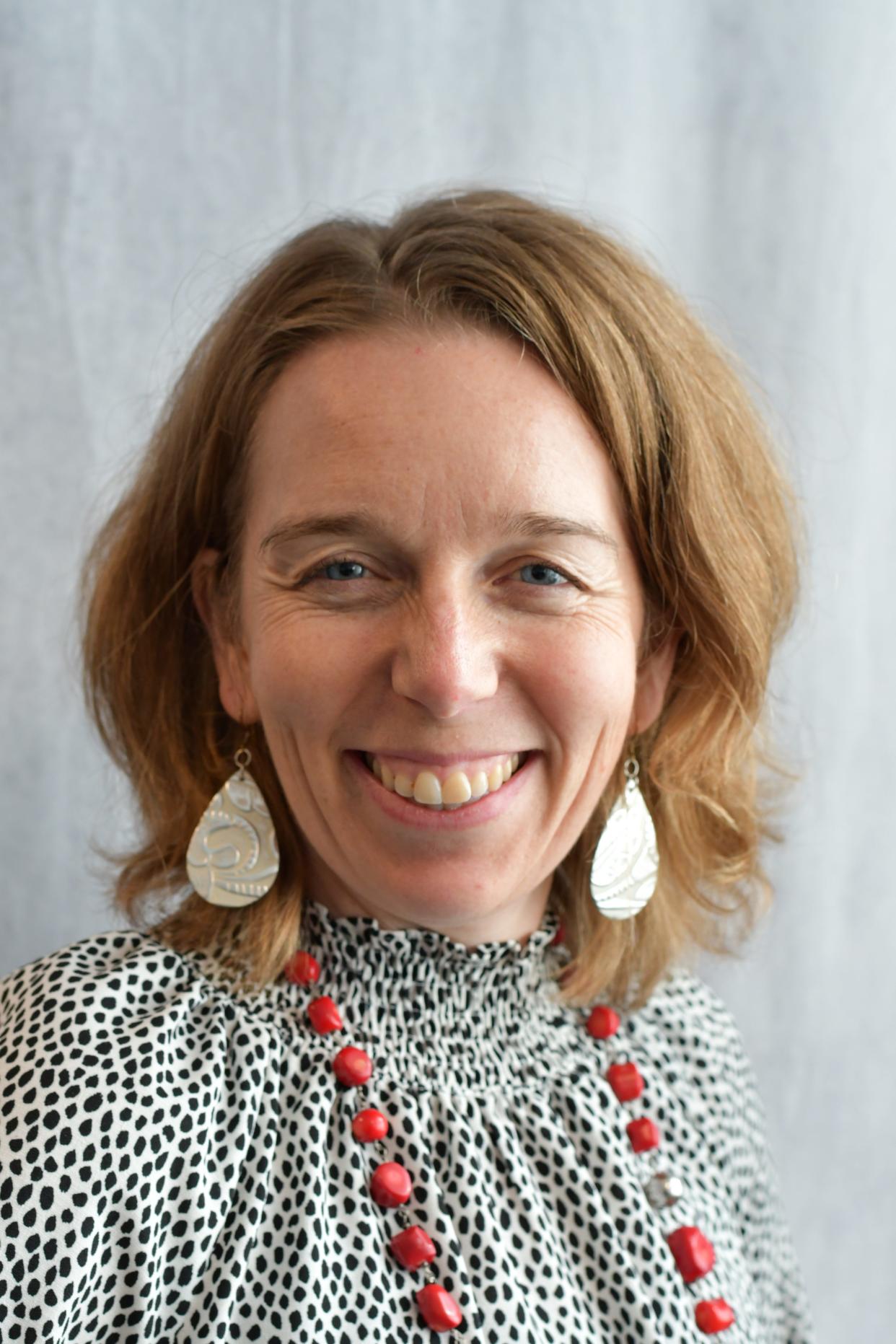YOUR TURN: How ethnicity plays into conservation efforts in Gaston County

Last week I heralded some environmental presidents, namely including Teddy Roosevelt and his part in the American Conservation movement. To round out the debate, I must make the critical note that the conservation movement was built from and for the benefit of white urban elites, discriminating against lower class citizens and appropriating native lands. To balance our understanding of conservation and the critical ways that race and class continue to be a foundational lens, I will explore African American leaders that are heralding environmental justice today as a part of February’s Black History Month celebration.
By definition “Environmental justice is the fair treatment and meaningful involvement of all people, regardless of race, color, national origin, or income, with respect to the development, implementation, and enforcement of environmental laws, regulations, and policies.”
As such, the movement has no exclusive ties to any one community. Injustices are not only happening to people of color, but disproportionally, people of color bear more exposure due to the historical constructs of racism in our society.
However, people of color have not been drawn into environmental activism historically. In general, race and class issues have superseded environmental issues. Bullets may be a more immediate threat, but ingesting lead is no less dangerous. A line drawn from the environment to people’s health and wellbeing may take years to connect. The crisis in Flint, Michigan, which came to a head in 2018 is a more recent battle cry that we are inextricably the air we breathe, water we drink and food we eat. Impacted communities tend to be more vulnerable in other situations, take COVID for an example.
Dr. Dorceta Taylor, an environmental sociologist from the Yale School of the Environment, has been outspoken in the need for Black Indigenous and People of Color (BIPOC) to be present and active in environmental justice issues. Dr. Taylor is making history with her important work on climate justice and inclusion in environmental organizations. She voices issues and brings the stories of action-oriented grassroots organizations such as We the People of Detroit, UPROSE, WE ACT to the public’s attention. These are groups that are centered on regenerative programs to empower whole communities to have meaningful work, create sustainable solutions to energy costs and access to transportation.
Other current Black environmental justice leaders include Dr. Robert D Bullard, one of the first African Americans to bring hard data to the public’s attention that pollution (namely the siting of landfills) were directly linked to Black neighborhoods in the south (Dumping in Dixie was his 1990 book). Another activist and writer is Beverly Wright who has worked with the Deep South Center for Environmental Justice (namely for the Mississippi Chemical Corridor aka “Cancer Ally”). Catherine Coleman Flowers whose work focuses on improving sanitation and water infrastructure in Black, Indigenous, Latinx, and poor rural communities in the United States and Jacqui Patterson founder and executive director of the The Chisholm Legacy Project, a resource hub for Black frontline climate justice leadership.
You will often hear me say that the environment itself should not be a red or blue political issue. Science is not inherently politicized. However, mapping policies and regulations onto industry, landscape, and how it affects people, very quickly moves into systems of institutionalized thought and power. I challenge you to look up these leaders and consider their work and your place in providing a better tomorrow for all our citizens - stateside and beyond.
Becca Hurd is the recycling coordinator for Gaston County.
This article originally appeared on The Gaston Gazette: YOUR TURN: How ethnicity plays into conservation efforts in Gaston County

